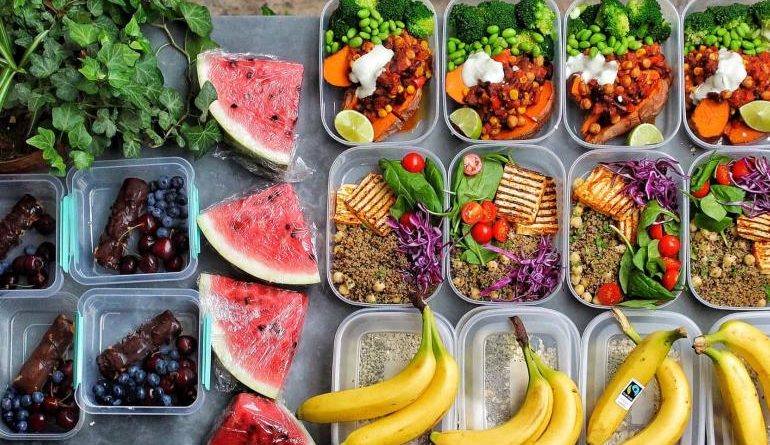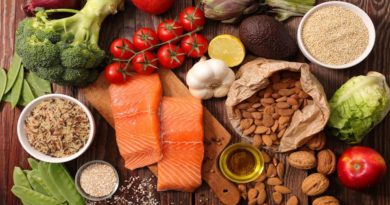5 Reasons to Eat More Protein Every Day
As you know, there are “good” and “bad” fats and “good” and “bad” carbohydrates. But there is one thing that almost all experts in the field of nutrition agree on, and that’s the fact that protein is always useful. Of course, there can also be too much it – but these are exceptional cases. In general, protein products should be present in the diet regularly, even if in small quantities. Now let’s take a look at why.
1. Reduces appetite
Studies show that although proteins, fats, and carbohydrates are important for the normal functioning of a body, protein fills our stomach best.
In part, this is because it has the ability to reduce the level of ghrelin, the hunger hormone while increasing the level of peptide YY, which gives us the feeling of being full and stay that way for a longer time.
In one study, an increase in protein intake from 15% to 30% of daily calories led to overweight people eating 441 fewer calories without any limits in nutrition.
2. Strengthens Muscles
Being a building material for our muscles, protein in the diet supports muscle mass and contributes to its adequate increase if you do sports. Numerous studies prove this and we have no reason to argue with them. But one thing is especially important: scientists note that protein allows you to maintain the strength and functionality of muscles during weight loss (including large-scale loss).
3. Protects Bones
You may have heard that animal protein is harmful to bone tissue. This statement is based on the fact that protein products increase the acid load in the body, leading to the leaching of calcium from the bones to neutralize the acid. And in theory, this is indeed possible. Only now, most studies state exactly the opposite: animal and vegetable protein is good for the bones. In addition, people who eat a lot of protein in their diets tend to have less risk of osteoporosis and fractures at an old age.
4. Lowers Pressure
Increased pressure is a common cause of cardiovascular disorders and chronic kidney disease. And apparently, protein can help here as well.
The review, which analyzed the results of 40 controlled studies, shows that an increase in the amount of protein in the diet reduces systolic (upper) blood pressure by an average of 1.76 mm Hg, and diastolic (lower) – by an average of 1.15 mmHg.
And another study on the topic suggests that a protein diet also reduces the level of “bad” cholesterol and triglycerides.
5. Promotes Recovery
Since protein, as we recall, is extremely important for the “construction” of tissues and organs, its help in regenerating anything does not seem surprising at all. Consuming large amounts of protein after an injury accelerates recovery, and that has been scientifically proven. Moreover, it will be useful in the case of minor injuries, including sports injuries. Sounds encouraging, right?
What to Eat to Get More Protein?
Beans
Legumes in a diet bring incredible health benefits due to the presence of fiber, iron, potassium, amino acids and protein. Plus, they are good for the environment. In an article on a topic published in Climatic Change magazine in 2017, it was predicted that greenhouse gas emissions could be significantly reduced as early as 2020 by replacing beef with beans.
“The nutritional value of beans is impressive, but they also have a minimal impact on the environment,” comments Helen Harwatt, a sociologist at Harvard University and a co-author of the material.
Nuts
According to doctors, turning nuts into the main source of protein is a “double blow” in the defense of our health. Why? Because nuts reduce the risk of diseases associated with red meat while providing the body with everything it needs. And although the list of benefits will depend on the type of nuts, there is always a protein, healthy fats, vitamins and minerals for muscle strength and energy potential.
Seagrass
Spirulina (blue-green algae) has been a staple of green bars and organic food stores for many years. But most people still do not consider algae nutritious. Spirulina, according to The Lancet, has the same nutritional profile as eggs. Despite a fairly high salt content, spirulina powder does not harm the body, because it is well absorbed and perfectly nourishes.




